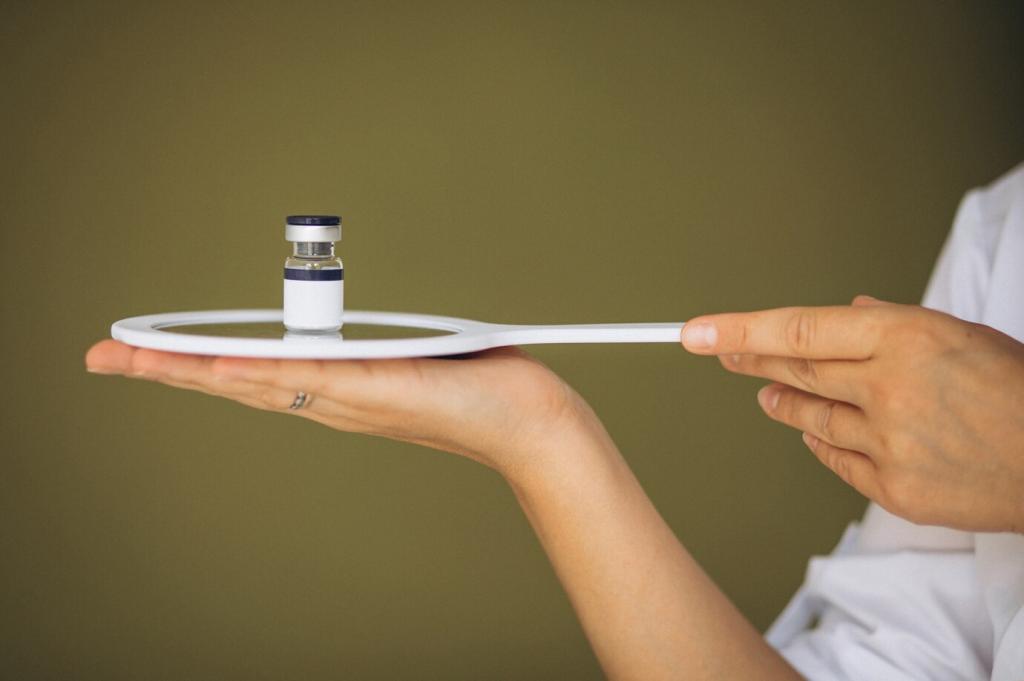Chosen Theme: The Role of Supplements in Modern Diets
From vitamin D to omega-3s, supplements can help bridge modern nutrition gaps without replacing real food. Join us as we unpack research, stories, and smarter choices—then subscribe and share your questions about your own supplement approach.

Nutrient Gaps Are Real
Busy schedules, ultra-processed options, and limited sun exposure mean common shortfalls in vitamin D, omega-3s, iron, iodine, and B12 for many people. Supplements can strategically fill these gaps, especially when lab tests or symptoms hint something essential is missing.
Restricted Diets Need Targeted Support
Vegetarian and vegan diets shine for fiber and phytonutrients, yet B12 and sometimes iron, iodine, and omega-3s may require attention. Pregnancy increases folate, iron, and choline needs. Older adults often benefit from vitamin D and calcium for bones and mobility.
A Small Story With a Big Lesson
During higher-mileage training, my energy flatlined until bloodwork revealed low ferritin. Under a sports dietitian’s guidance, I tweaked iron intake and timing with vitamin C. Within weeks, steady stamina returned—a reminder that data-driven supplementation can be transformational.
Evidence vs. Hype: What Science Actually Supports
Research-Backed Use Cases
Folic acid before and during early pregnancy supports neural tube development. Vitamin D helps address deficiency, especially with limited sun. Omega-3s can reduce high triglycerides. B12 is vital for vegans. These are targeted, outcome-oriented examples—not a free pass for megadosing.
Beware of Overdoing It
More is not always better. Excess vitamin A can be toxic, high-dose biotin may distort lab results, and iron overload is dangerous when unneeded. Herbal interactions, such as St. John’s wort with medications, underscore why informed choices and medical guidance matter.
Read Labels Like a Pro
Check the form, dose, and percent Daily Value, and note whether amounts are elemental. Look for clear ingredient lists without misleading blends. If claims seem too sweeping, they probably are. Ask us questions in the comments, and subscribe for deeper label-reading guides.
Personalization: Matching Supplements to Your Life
Students burning the candle may need more iron or magnesium, shift workers often fall short on vitamin D, and endurance athletes frequently monitor electrolytes and iron. Tailor support to seasons of life, not trends—then reassess as routines and goals evolve.



The Power of Whole-Food Synergy
A salmon fillet offers protein, omega-3s, selenium, and astaxanthin in a balanced matrix. Citrus boosts iron absorption from beans. Colorful plants bring antioxidants beyond any single capsule. Build plates that do the heavy lifting, then fill only the real gaps.
Designing Everyday Plates
Think produce at most meals, protein you enjoy, and satiating fats. Add fermented foods for gut diversity. When your base is strong, your supplement list stays focused and affordable. Comment with your go-to balanced meal for busy weekdays.
When Supplements Truly Complement
Short winter days may warrant vitamin D. Pregnancy increases need for folate and iron. Frequent travelers lean on magnesium and electrolytes. These are context-driven choices, not habits for everyone. Subscribe for our pragmatic, seasonal supplement checklists.




